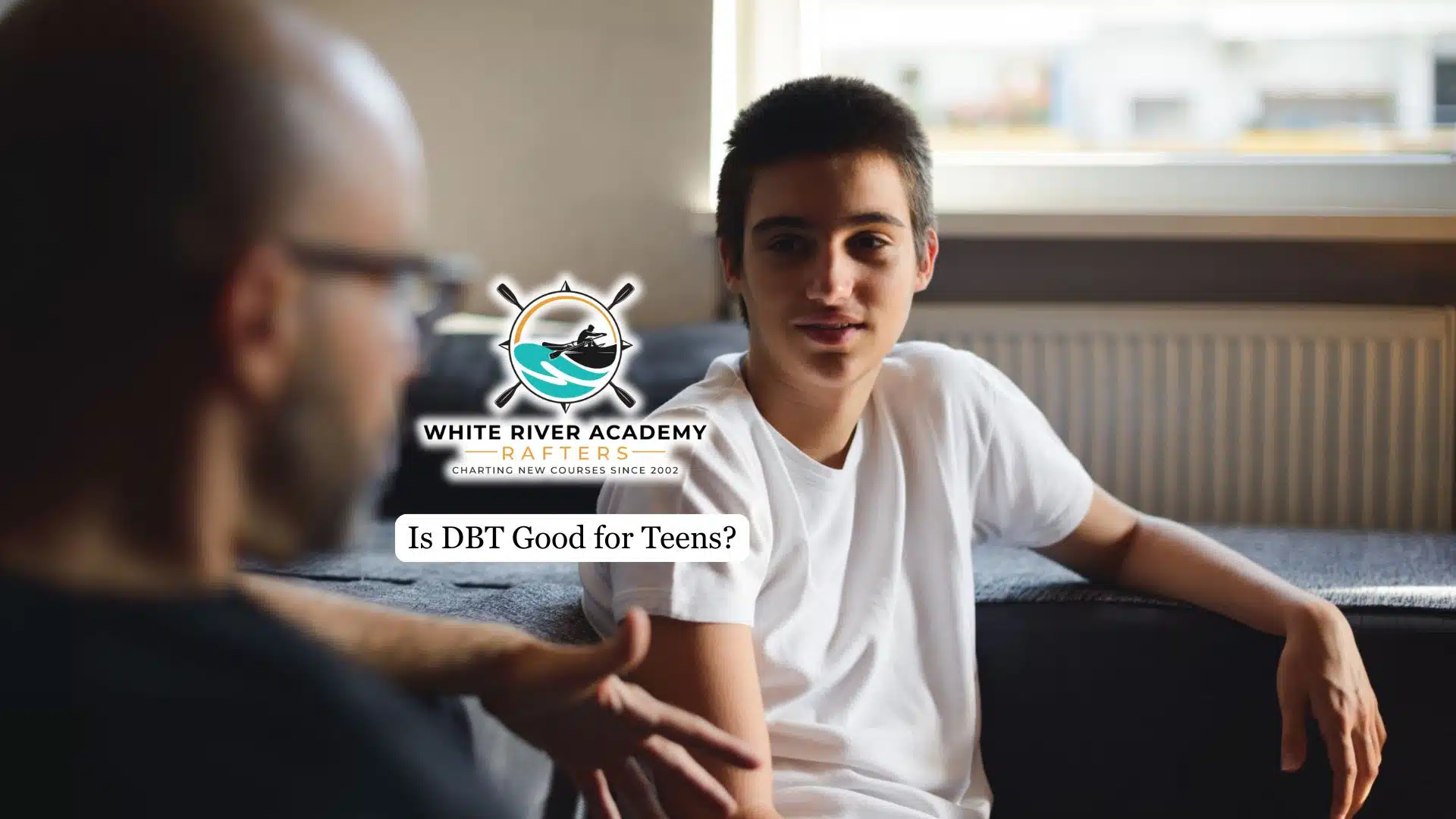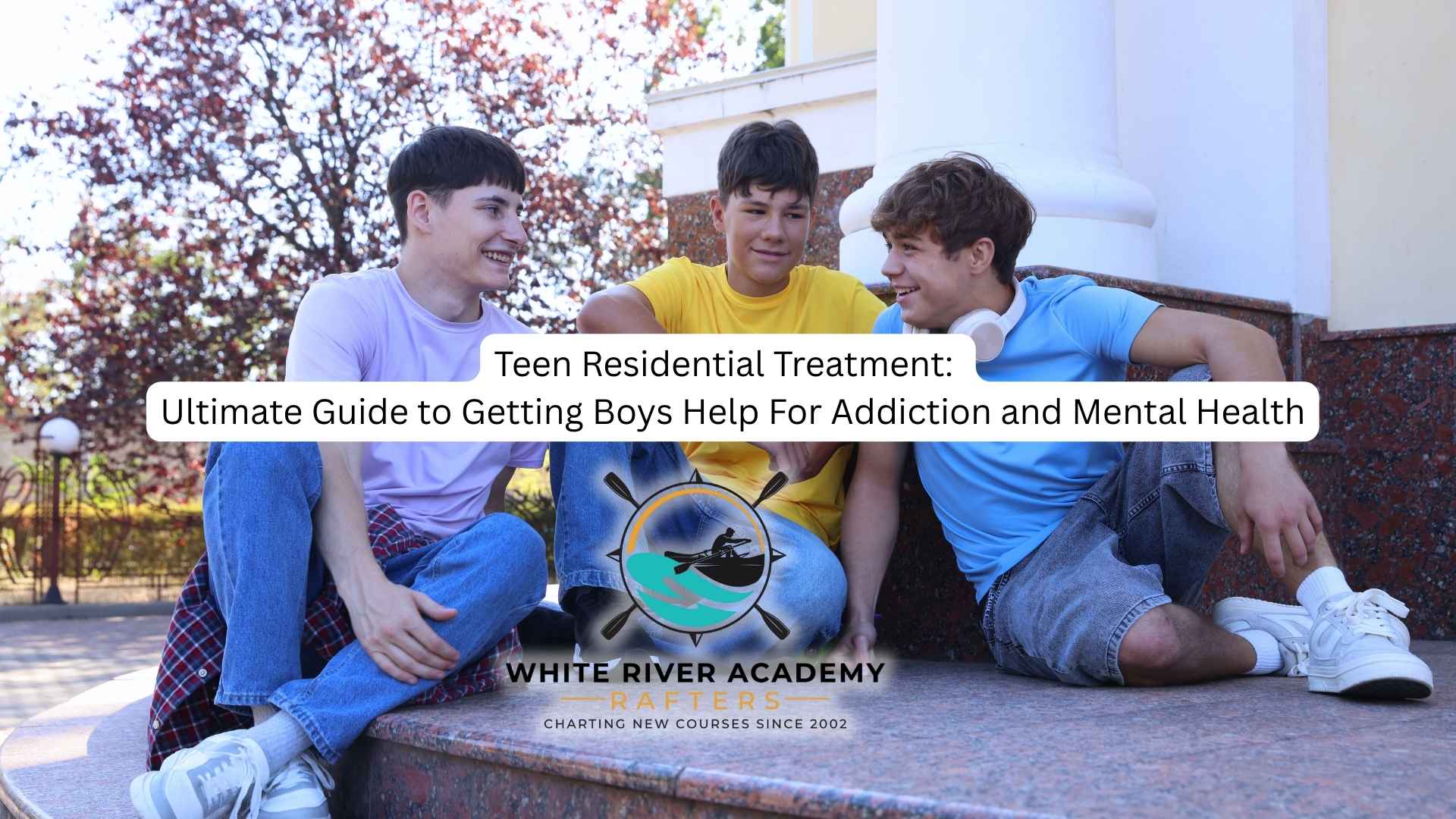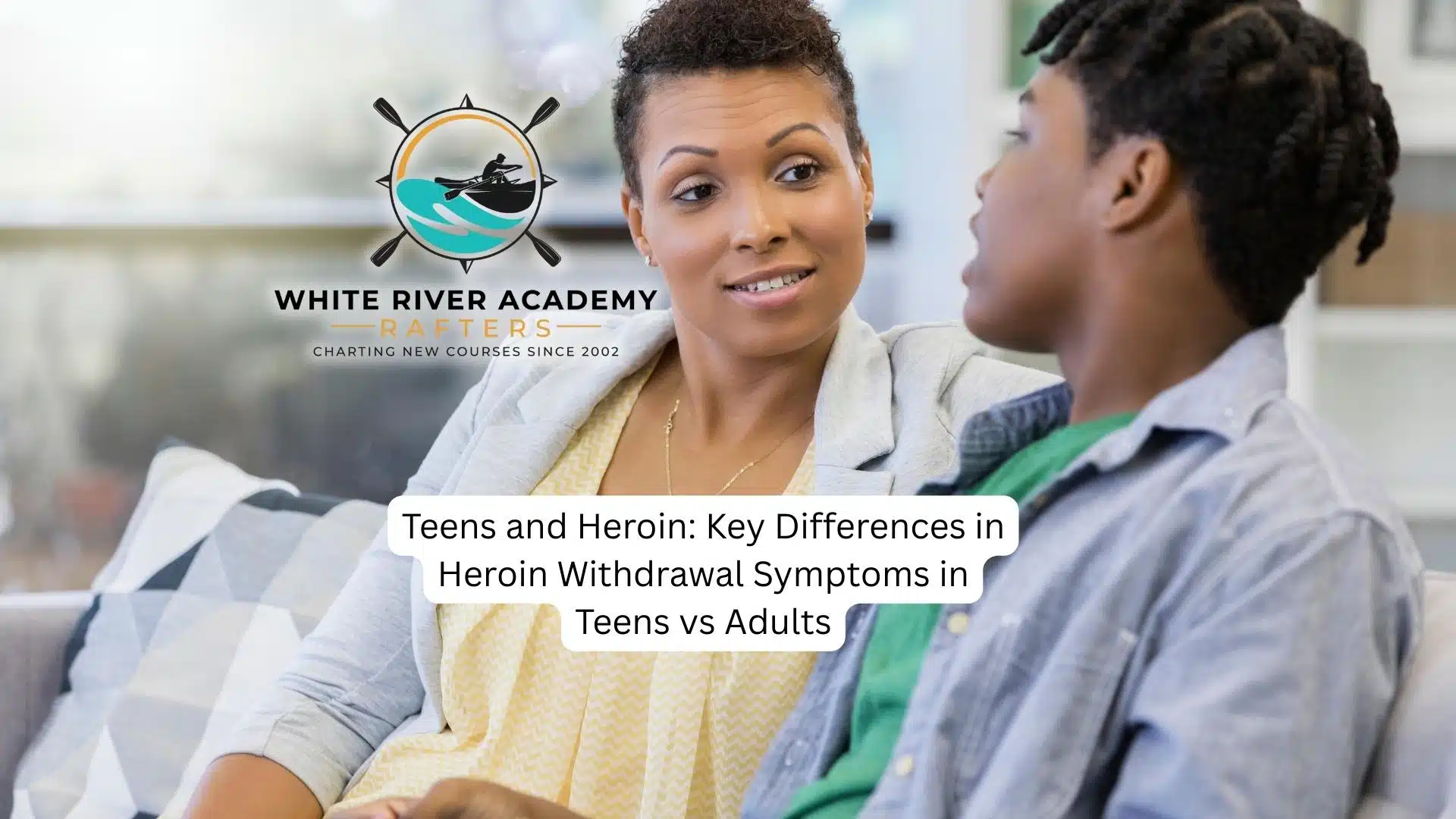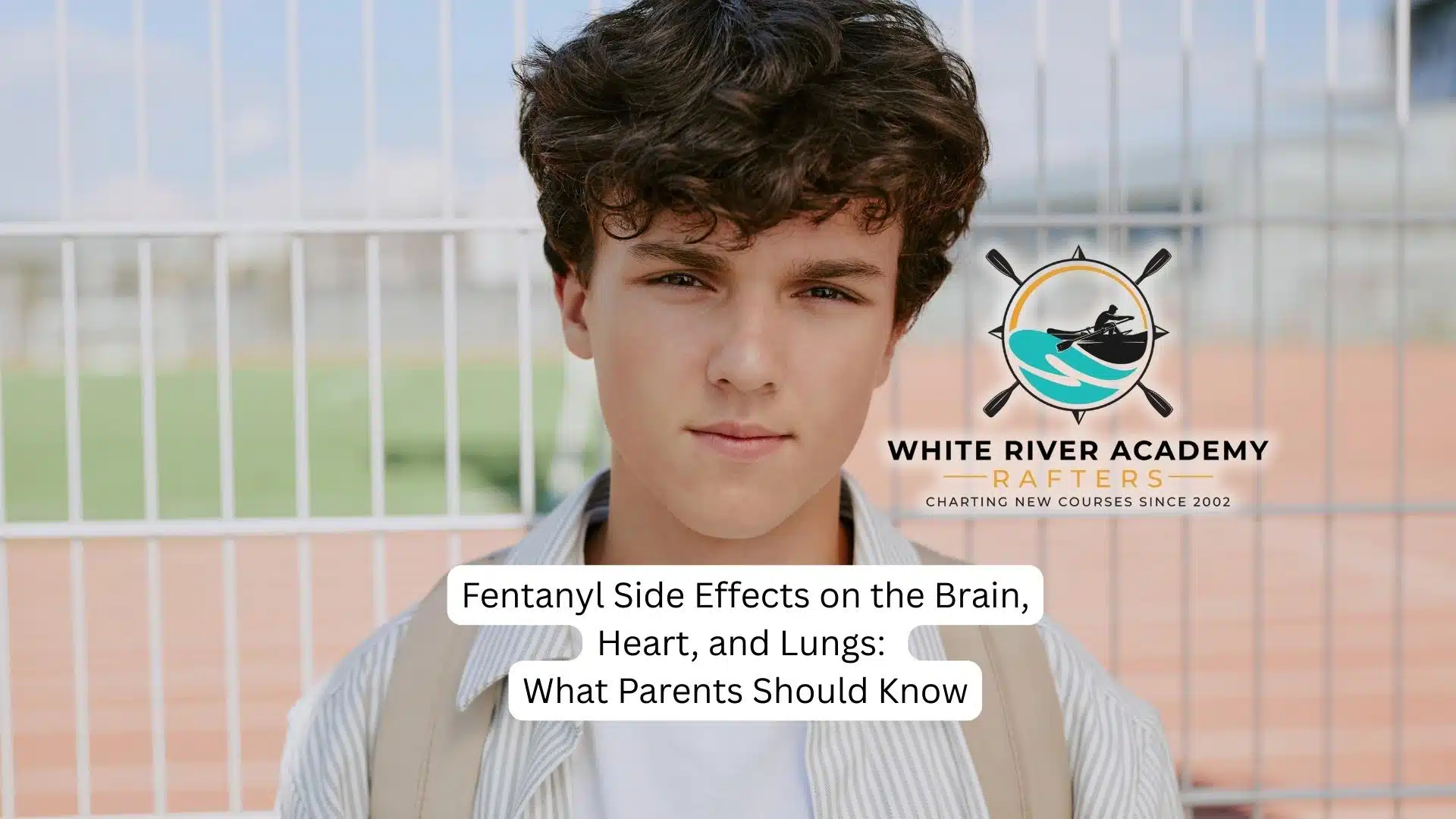Adolescence is a critical period of development characterized by significant physical, cognitive, and emotional changes. Teens often struggle with impulsivity, emotional instability, and difficulties in relationships. DBT provides a structured approach to help teens navigate these challenges by teaching them practical skills to manage their emotions and behaviors.
In this article, we dive deep into how Dialectical Behavior Therapy (DBT) helps teens manage emotions, cope with stress, and build healthier relationships. By learning practical skills, adolescents can gain stability and confidence during this challenging stage of life.
What is Dialectical Behavior Therapy (DBT)?
Dialectical Behavior Therapy (DBT) is an evidence-based treatment developed by psychologist Marsha Linehan, originally for borderline personality disorder. It combines cognitive-behavioral techniques with mindfulness and acceptance strategies to help people manage intense emotions and improve relationships.
DBT focuses on four key skill areas: mindfulness, distress tolerance, emotion regulation, and interpersonal effectiveness. Delivered through individual therapy, group skills training, and phone coaching, it helps individuals, troubled teens in particular, balance acceptance with change, making it especially effective for those struggling with emotional dysregulation, self-harm, or suicidal thoughts.
Benefits of DBT for Teens
Teens who participate in DBT programs experience significant reductions in suicidal ideation, self-harm, and depression. By learning to identify and label their emotions, teens can develop strategies to manage intense feelings without resorting to risky or harmful behaviors.
DBT also emphasizes the importance of interpersonal skills, teaching teens how to communicate their needs effectively and maintain healthy relationships.
DBT encourages mindfulness practices, which can help teens increase their self-awareness and develop a non-judgmental stance towards their thoughts and feelings. This increased self-awareness can lead to more intentional decision-making and a greater sense of empowerment.
While DBT has shown promise in helping teens, it’s important to note that the effectiveness of the therapy may vary depending on individual circumstances and the severity of the issues being addressed.

Evidence of Effectiveness: What the Research Says
Studies have investigated the effectiveness of Dialectical Behavior Therapy (DBT) for treating adolescents with emotional and behavioral difficulties. A randomized controlled trial published in the Journal of the American Academy of Child and Adolescent Psychiatry found that DBT significantly reduced suicidal ideation, non-suicidal self-injury, and depression in teens compared to treatment as usual.
Other studies demonstrated that DBT decreased impulsivity and improved social functioning in adolescents with borderline personality traits.
While these findings suggest that DBT can be an effective intervention for teens struggling with intense emotions and risky behaviors, it’s important to note that the research on DBT for adolescents is still limited compared to the extensive evidence base for adult populations.
More research, particularly larger-scale randomized controlled trials, is needed to further establish the efficacy and long-term outcomes of DBT for adolescents with various mental health conditions.
Integrating DBT with Other Supports
While DBT is highly effective on its own, it works even better when supported by other systems in a teenager’s life. Family involvement is especially important when parents or caregivers reinforce DBT skills at home and encourage open, validating communication because teens will be more likely to use those skills consistently. Schools can also play a major role by offering flexible support, such as quiet spaces for calming down or deadline extensions during emotionally difficult times.
In more complex cases, combining DBT with other forms of treatment may be necessary. For teens dealing with co-occurring conditions like depression or anxiety, medication or additional therapies, such as Cognitive Behavioral Therapy (CBT) or family therapy, can address symptoms that DBT alone might not fully manage.
Open communication and collaboration among mental health professionals, families, and schools ensure a unified support system that meets the teen’s unique needs. This kind of teamwork not only improves treatment outcomes but also helps teens build long-term emotional resilience.
Final Thoughts from White River Academy
While DBT can be beneficial for many teens, it requires a significant time commitment and consistent effort to practice the skills taught. It is essential for adolescents to have support from family members and mental health professionals throughout the treatment process.
At White River Academy in Utah, we recognize the life-changing impact of Dialectical Behavior Therapy (DBT) and thoughtfully integrate its principles into our residential program for young men. Many of the adolescents we serve face emotional dysregulation, strained relationships, and behavioral challenges. Through DBT, we help them build critical skills in managing emotions, improving interpersonal connections, and making healthier choices, laying the foundation for lasting growth and a brighter future.




